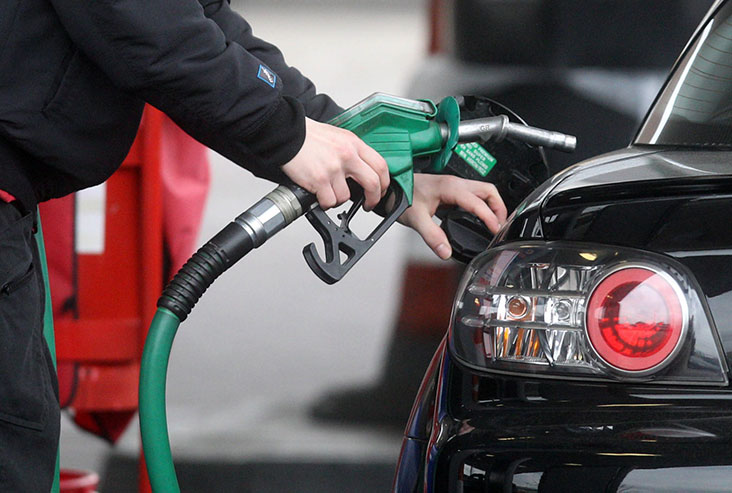


As the automotive industry continues to evolve, there is a growing debate about the future of petrol cars. With the rise of electric vehicles (EVs) and the increasing concern over carbon emissions, many are questioning whether petrol cars will become obsolete. However, despite these advancements, petrol cars still hold significant relevance and are likely to have a future for several reasons.
Firstly, the infrastructure required to support a fully electric vehicle society is still in its early stages. While there has been a rapid expansion of charging stations, it is not yet on par with the convenience of petrol stations. Petrol cars can be easily refueled within minutes, allowing for long-distance travel without the need for lengthy charging stops. This convenience factor continues to make petrol cars a popular choice for many consumers.
Secondly, petrol cars have a well-established and extensive manufacturing and supply chain. The automotive industry has been producing petrol vehicles for over a century, resulting in a highly efficient and reliable manufacturing process. Shifting entirely to electric vehicles would require a complete overhaul of this infrastructure, which would be a massive undertaking. The existing expertise in petrol car manufacturing, along with the vast network of suppliers, makes it more likely that petrol cars will continue to be produced and sold.
Furthermore, advancements in petrol engine technology have led to significant improvements in fuel efficiency and reduced emissions. Many car manufacturers are investing in research and development to make petrol engines more environmentally friendly. This includes the development of hybrid vehicles that combine petrol engines with electric power to reduce fuel consumption and emissions. These improvements extend the lifespan of petrol cars and make them a viable option for eco-conscious consumers who may not yet be ready to switch to electric.
Another crucial factor to consider is the cost of electric vehicles. While prices have been decreasing in recent years, EVs are still generally more expensive than their petrol counterparts. The higher upfront cost, along with concerns about battery life and range anxiety, continues to influence consumer decisions. Petrol cars, on the other hand, offer a more affordable option for individuals who may have budget constraints or prefer a traditional vehicle.
It is important to note that governments and policymakers play a significant role in shaping the future of petrol cars. Many countries have set targets to phase out the sale of new petrol and diesel vehicles in the coming decades. However, these targets often allow for a transition period, and there is still a need to address the challenges associated with infrastructure and affordability. Additionally, there are still industries, such as aviation and shipping, where electric alternatives are not yet feasible, further emphasizing the need for petrol cars in certain sectors.
In conclusion, while the future of petrol cars may face challenges from the growing popularity of electric vehicles, they still have a place in the automotive industry. The convenience of refueling, well-established manufacturing infrastructure, advancements in petrol engine technology, affordability, and the need for alternatives in specific sectors are all factors that contribute to the continued relevance of petrol cars. As the industry continues to evolve, a harmonious coexistence between petrol and electric vehicles is likely to be the reality for the foreseeable future.